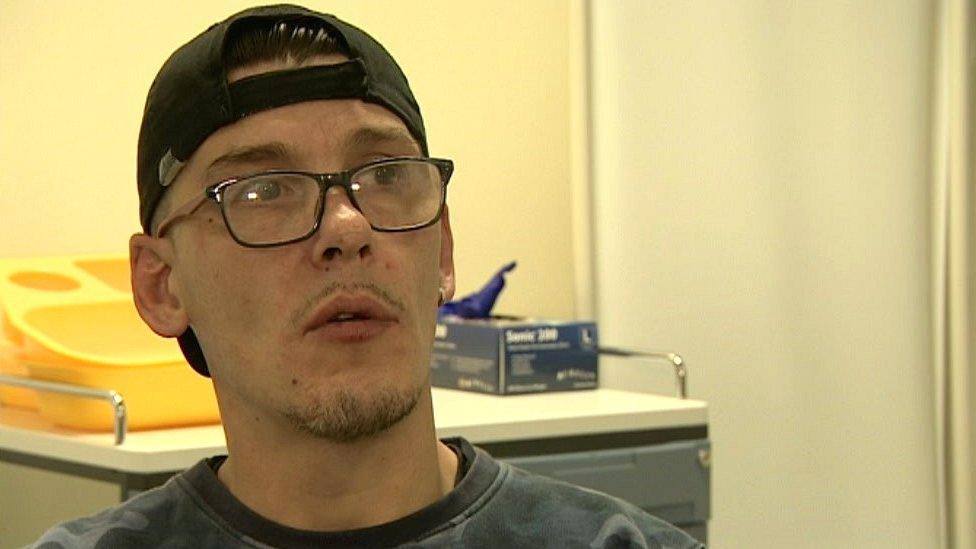Recovery flat to help Birmingham students battling addiction
- Published
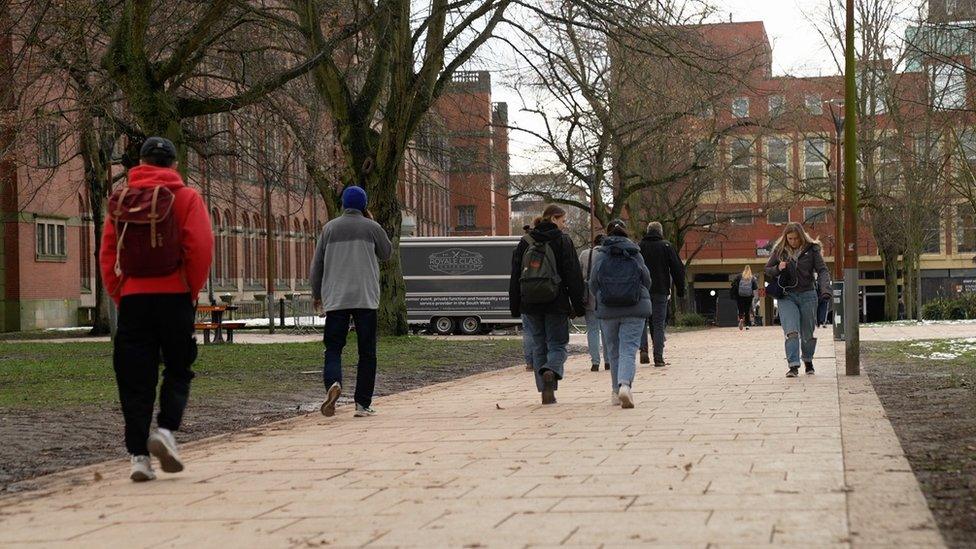
A six-room recovery flat has been set up to help students living with addiction to finish their studies
A "recovery flat" where students with different addictions live together to help them complete their studies has opened at the University of Birmingham.
It is part of a programme being pioneered at the university to try to help students stay addiction free.
The Vale is a huge student village near the campus in Edgbaston.
It is home to thousands of undergraduates, and in one of the large blocks of flats, a six-room unit has been set aside.
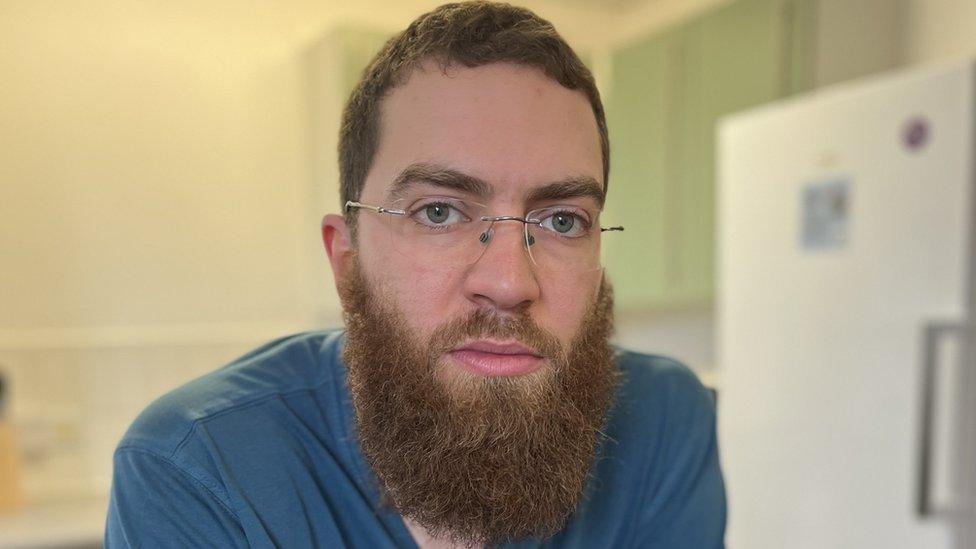
Yusuf helps other students as a peer manager in the programme
Yusuf, a mature student eight years in recovery, is the peer manager. He describes the role as being a bit like a big brother to the others, but he also has to enforce the rules of the flat.
That means no drink and no drugs. This type of accommodation is commonplace in American colleges, but is said to be the first in the UK.
The recovery flat in Birmingham is male only, and it is hoped a second flat will be made available for female students in the next academic year.
Although you might expect it to be hidden away on some obscure corner of campus, it's in the heart of an area where student parties are common. The idea is that the students can still experience university life, while having somewhere to retreat to.
Yusuf has returned to full-time education after dealing with his own problems with drugs and is taking part in the Better Than Well project which currently includes around 50 students.
"This is a safe space, a safe flat, which is dry, obviously there's no drinking here, nor partying. It's a stable and supportive environment for students who are accessing BTW," he said.
The man whose idea it is is Dr Ed Day, a consultant psychiatrist, the clinical reader in addiction psychiatry at the university and the government's National Recovery Champion.
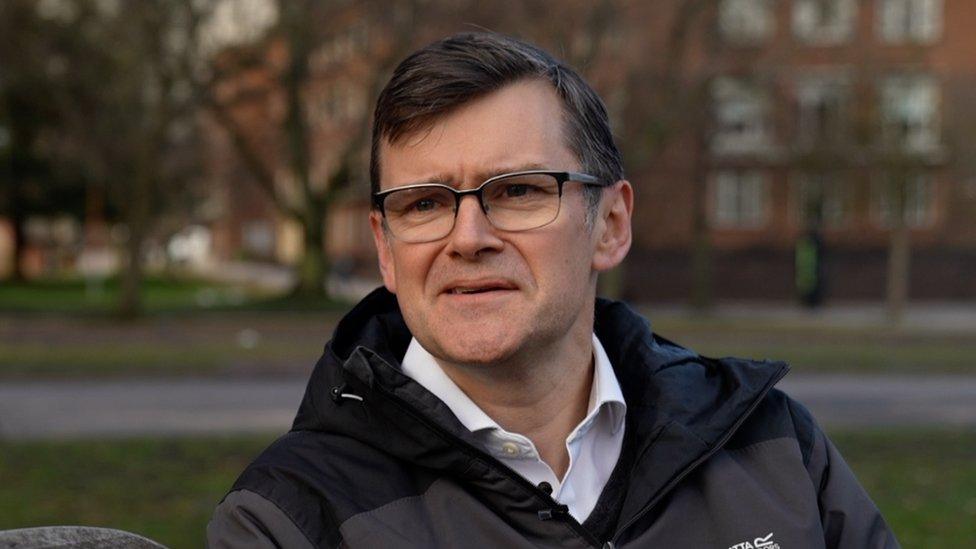
Dr Ed Day came up with the idea to launch the programme in a bid to help students
"When you see the outcomes, you see the students you've managed to keep within their degree, you've helped them to not just drop out, you've helped them thrive and to finish their degree and get their qualification, it's very likely we've changed the trajectory of the whole course of their life", he explained.
Better Than Well has been set up with the support of the University and financial support from a benefactor, but that funding will run out at the end of this year, so discussions are taking place to try to secure the programme's future.
One of the major problems students with addictions have is admitting to them. That's because of the stigma attached and the fear that if they go public, particularly with a drugs problem, they will be forced to leave.
British Universities operate a zero tolerance policy towards drugs, but the policy is being looked at by a taskforce which is due to report in the spring or summer.
Dr Day says that statistically he'd expect around 1,800 students at the University of Birmingham to have some sort of addiction.
He is pleased that, within a short period, around 50 have agreed to participate in his programme, but knows that many more might be reached when they are ready to seek help.
The programme has roughly a third who have drug problems, he says, with a third who are dealing with issues caused by alcohol and another third have behavioural addictions, like gambling.
Some also present with issues caused by more than one.
Luke Trainor, the programme manager, was a mature student at the university when Better Than Well began.
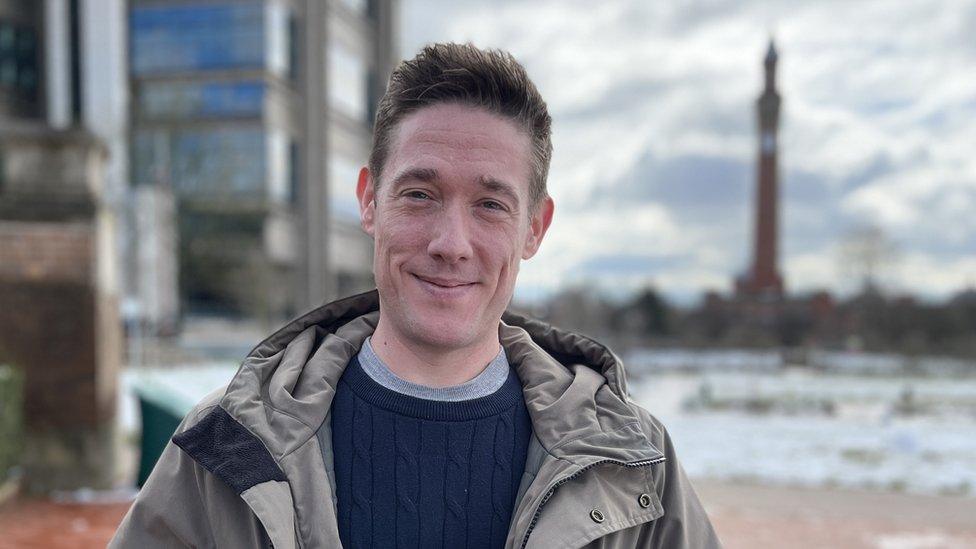
Luke Trainor uses his past experiences to help mentor other students
His heroin addiction had caused him to lose everything, including his family and his home.
Now clean, he has rebuilt his life and his familial relationships, including with his sister; the Labour MP for Birmingham Yardley Jess Phillips.
He helps mentor the students, and hosts events the group holds every week. He say that for the people they've supported "they've been able to finish their degrees, they've been able to move into the careers they really wanted to, and they've got solid social structures around them".
Two graduates who took part in the scheme last year have been particularly successful.
One made it on to the prestigious Civil Service fast track scheme, another was accepted into a drama school in Los Angeles, after coming close to dropping out of university.
Two other universities, both in north-east England, have also begun similar addiction recovery programmes.

Follow BBC West Midlands on Facebook, external, Twitter, external and Instagram, external. Send your story ideas to: newsonline.westmidlands@bbc.co.uk, external
- Published10 March 2023
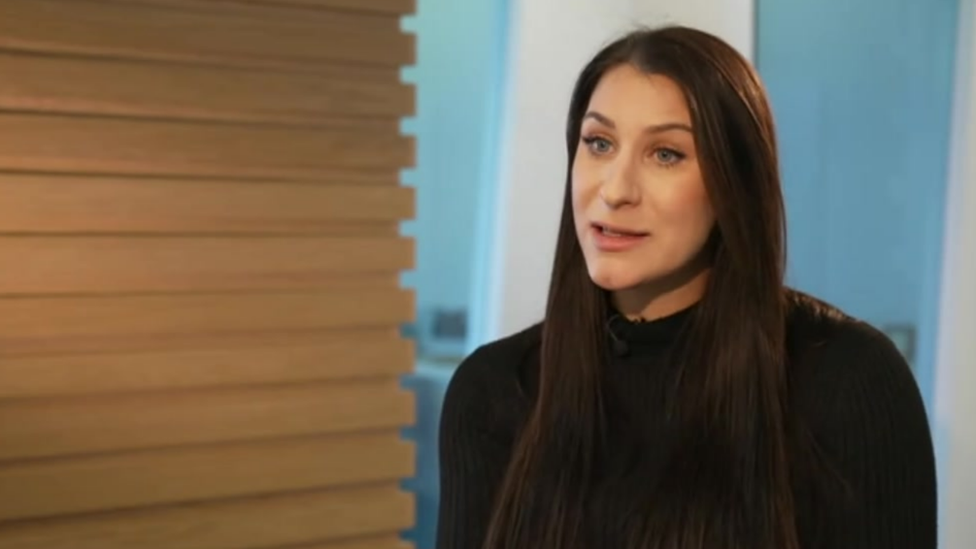
- Published6 December 2021
